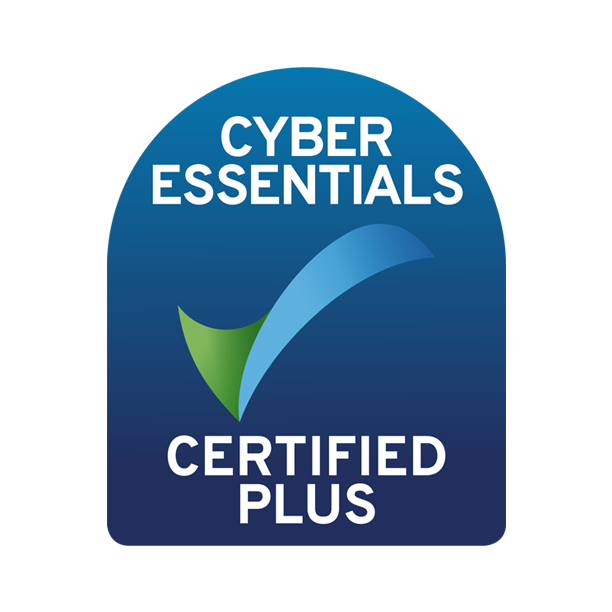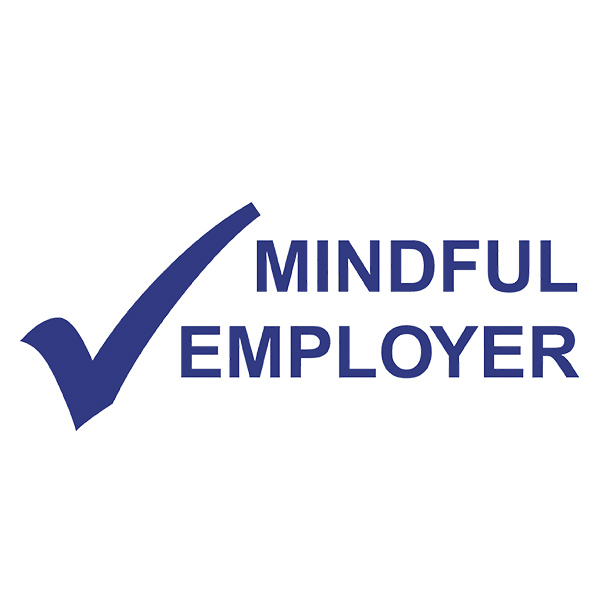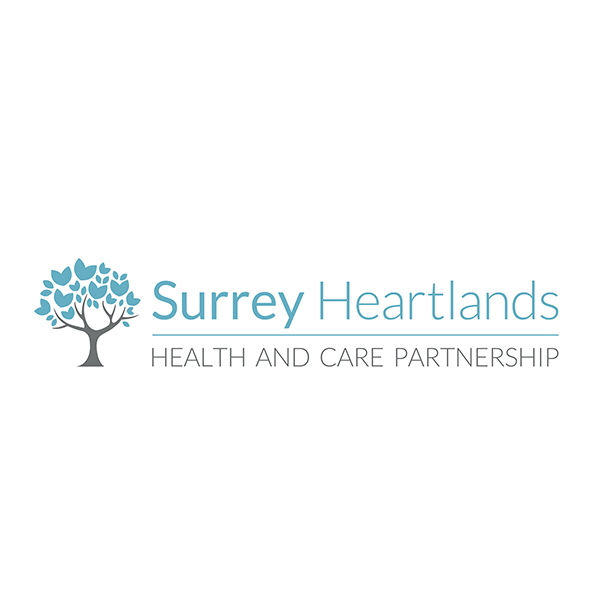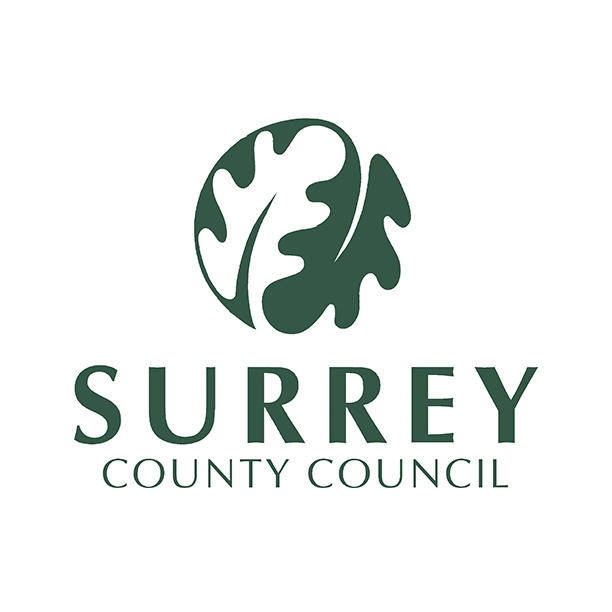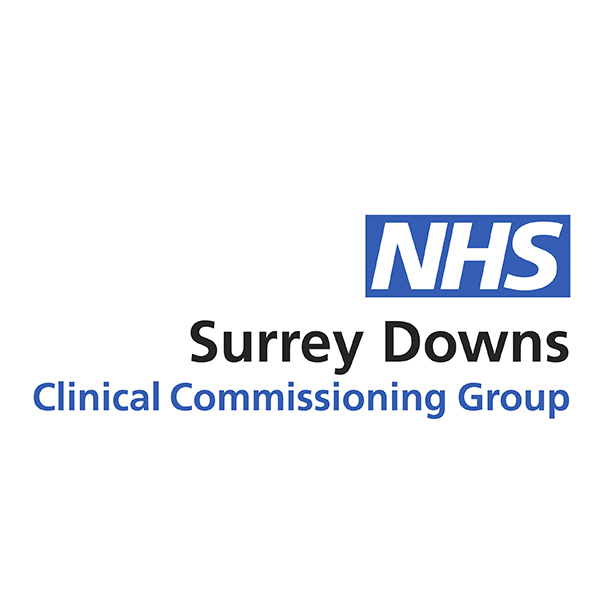-
4 Things I’ve Learned about ADHD
For Neurodiversity Celebration Week, Leondres writes a follow up blog to share 4 things he's learnt about Attention Deficit Hyperactivity Disorder (ADHD) since his diagnosis.

-
In my last blog, I talked about how getting diagnosed was a turning point for me as it brought me validation and closure about the issues I experienced my whole life.
A year on, I want to share 4 things I’ve discovered on my ADHD journey in the hope it will resonate with and help others:
1. Medication is not the be-all and end-all.
There is a lot of focus on medication but it doesn’t have to be. In my last blog, I mentioned that I was taking ADHD medication, but since I have stopped. Initially, it did bring focus but not necessarily for the right things. I ended up deep cleaning my bathroom with a Q-tip instead of answering emails!
Instead, I’ve learnt the following strategies:
- Use the times when I can hyperfocus on work to my advantage and get as much done as possible in those moments.
- Not push myself when I am not in that headspace and not feel guilty.
- Work with managers to add deadlines and ask for help when I need it.
- Have a co-worker (or loved one if working from home) sitting or working next to me in silence (also called body doubling) as it helps keep me engaged in my work.
- Use ear plugs to cut out distraction.
- Keep work that requires deeper focus for when I am working from home to minimise disruption.
- Dog walking keeps me grounded when I am not in a good head space. My dog is really social which forces me to talk to people which is good for me.
2. Managing my sleep is key to my wellbeing.
Living with ADHD means my day-to-day can be very busy to keep myself stimulated and I can’t just switch off at night. I can’t just sit still waiting for sleep to come, I need to gently wind down with calming activities.
The following things can help me prepare for sleep:
- Stretching before bed or doing yoga
- Rubbing essential oils (lavender, serenity) on my body
- Using weighed blankets
- Watching comfort movies (ie. Movies I love and could recite by heart so I don’t have to engage too much with the plot)
- Listening to audio books
- Using ear plugs
- Sleeping with my pet
What might work one day might not work on another, so it’s important to have a few options available. I can sometimes take sleeping tablets if I feel really anxious and my usual strategies haven’t worked.
3. Surrounding myself with people who are neurodivergent is imperative.
While it is wonderful to have neurotypical people in my life who make the effort to educate themselves to understand how ADHD affects me, nothing beats peer support from people who have lived experience of neurodiversity (ADHD, Autism or other). Between us there is no judgment, no need to explain yourself, we don’t feel like the odd one out. We can also support each other and share tips.
4. It’s important to be aware of your addictive tendencies.
Addiction is not just drugs and alcohol, it could be food, energy drinks, caffeine, tobacco or vaping, video games, gambling, reckless driving, sex, violence, impulsivity – anything that gives you dopamine. People with ADHD have inadequate levels of dopamine so we’re always looking for ways to stimulate it and can self-medicate.
I had issues with substance abuse which I used as a way to manage my emotions when, in fact, it was making things worse. Getting sober has been immensely helpful to manage my ADHD and emotions. It has, in fact, been more effective than taking medication!
I once heard this quote which really resonated with me:
“The opposite of addiction is not sobriety, it is connection”.
I couldn’t agree more – talking to people can stop me being too much in my head and bring me back.

Leondres is our Lived Experience Recovery & Connect Worker.
What is ADHD?
Attention deficit hyperactivity disorder (ADHD) is a neurodevelopmental condition that affects people’s behaviour. People with ADHD can seem restless, may have trouble concentrating and may act on impulse.
For more information about ADHD, please visit the ADHD UK’s website.
Want to write a blog for us?
If you’d like to share your mental health journey with us via a blog, a video, a poem, a song – whatever form speaks to you most – please contact Connie, Communications Lead, at connie@maryfrancestrust.org.uk or 01372 375400. Please note we do not accept submissions from professional bloggers – our platform is reserved to our clients, volunteers, staff and supporters.
Share

